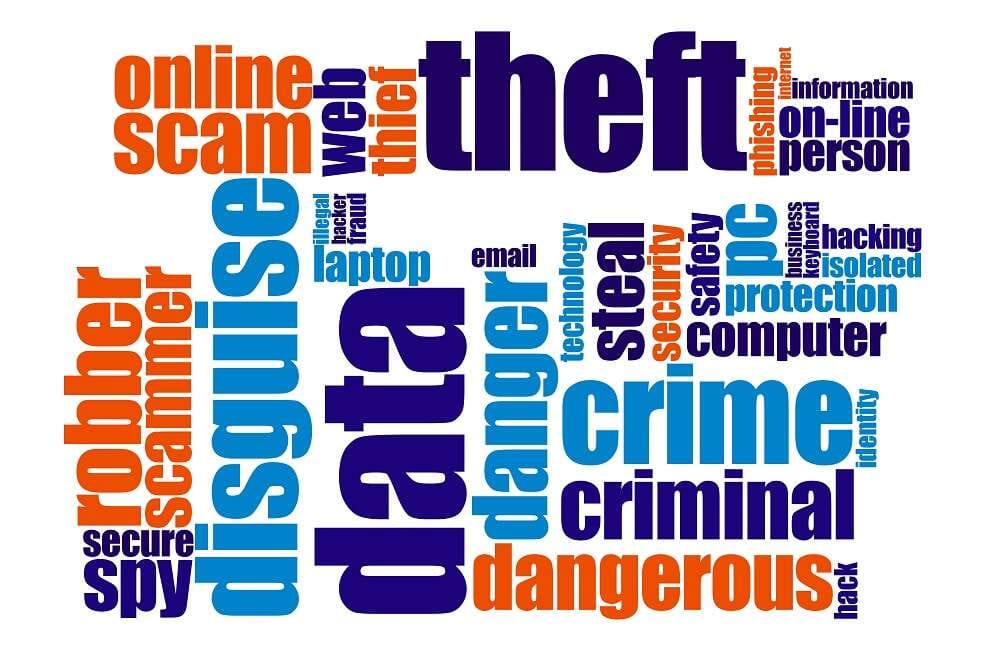
While the ACFE’s annual fraud week promotes anti-fraud awareness among organisations, cyber experts at McAfee urge individuals to use this time to revaluate their online habits
Established by the Association of Certified Fraud Examiners (ACFE) in 2000, International Fraud Week is an annual campaign to encourage organisations and their employees to take proactive steps to prevent and detect fraud. While fraud can be committed in many ways including in-person, it is increasingly carried out online, often in the form of phishing scams. These scams seek to obtain personal credentials by sending fake emails to unsuspecting recipients that look like they come from trusted sources (such as banks or legitimate companies). They then use these details to access bank accounts, commit identity theft or even launch further cyberattacks.
McAfee, a global leader in online protection, is calling for individuals to use International Fraud Awareness week as a time to improve their personal defences against fraud and online scams, particularly as we come into a busy shopping period.
“Scams regularly make headlines; some inventive and sophisticated, some surprisingly simple, but unfortunately many are shrugged off – ‘I wouldn’t be fooled by that’ or ‘it only happens to older people’. In fact, a recent survey revealed that Brits under the age of 34 are twice as likely to fall victim to fraud than other age groups,” said Vonny Gamot, Head of EMEA at McAfee.
She continues: “Our advice is to read up and spread the word with family and friends, as being aware of the latest scams and increasing online diligence and digital hygiene is an important step in consumer protection. It’s wise to use online protection software, a VPN to shield information on public Wi-Fi and to have strong passwords and multi-factor authentication in place. Identity protection services can also be used to monitor personal information and notify of potential misuse.”
How to avoid becoming a victim of online fraud
- Stick with known, legitimate retailers online
Directly typing in the correct address for online stores and retailers, rather than clicking on a link, is a prime way to avoid scammers online.
2.Look for the lock icon in your browser when you shop
Secure websites begin their address with “https,” not just “http.” That extra “s” stands for “secure,” which means that it uses a secure protocol for transmitting sensitive info like passwords and credit card numbers over the internet. It often appears as a little padlock icon in the address bar of your browser, so double-check for that.
3.Use two-factor authentication on your accounts
Two-factor authentication is an extra layer of defence on top of your username and password. It adds in the use of a special one-time-use code to access your account, usually sent to you via email or to your phone by text or a phone call. Together, that makes it tougher for a crook to hack your account. If any of your accounts support two-factor authentication, the few extra seconds it takes to set up is more than worth the big boost in protection you’ll get.
4.Use a VPN if you’re shopping on public Wi-Fi
Public Wi-Fi in coffee shops and other public locations can expose your private surfing to prying eyes because those networks are open to all. Using a virtual private network (VPN) encrypts your browsing, shopping, and other internet traffic, thus making it secure from attempts at intercepting your data on public Wi-Fi, such as your passwords and credit card numbers.


